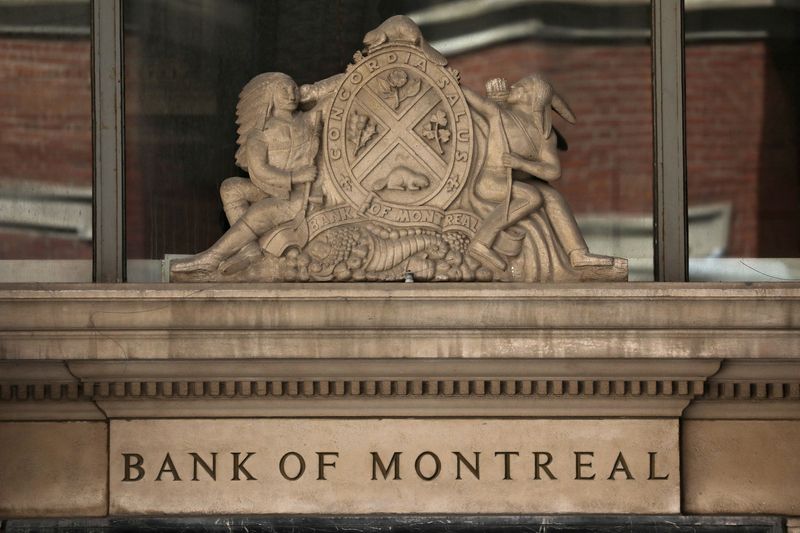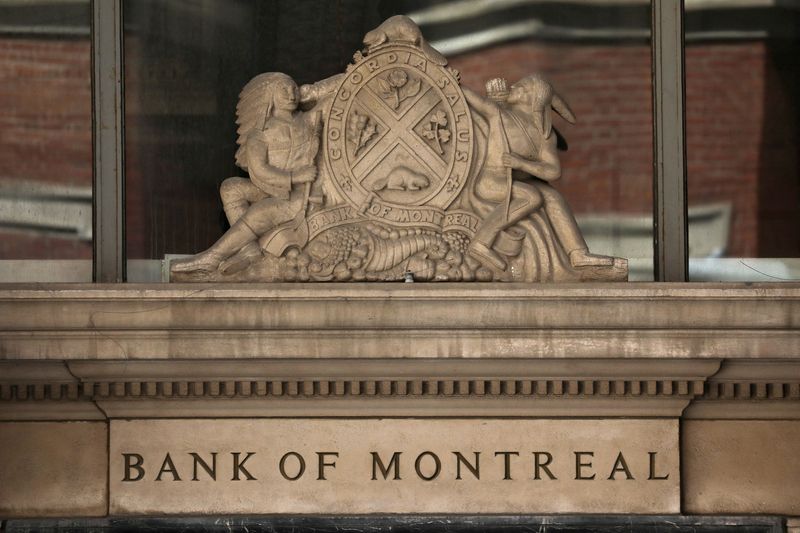
By Nivedita Balu
TORONTO (Reuters) -Four of Canada’s biggest lenders said on Friday they were withdrawing from a global banking sector climate coalition, joining six major U.S. banks.
The departures from the Net-Zero Banking Alliance began with Goldman Sachs’ announcement on Dec. 6 and come ahead of Donald Trump’s return to the White House next week. Trump has been critical of efforts by governments to prescribe climate-change policies.
The four Canadian banks are TD Bank, Bank of Montreal, National Bank of Canada (OTC:NTIOF) and Canadian Imperial Bank of Commerce (NYSE:CM) ( CIBC (TSX:CM)).
The other big U.S. banks that have withdrawn are Wells Fargo (NYSE:WFC), Citi, Bank of America, Morgan Stanley (NYSE:MS) and JPMorgan.
The Net-Zero Banking Alliance, a UN-sponsored initiative set up by former Bank of Canada Governor Mark Carney, was launched in 2021 to encourage financial institutions to limit the effects of climate change and push toward achieving net-zero emissions.
The Canadian banks said in separate statements that they were equipped to work outside the alliance and develop their climate strategies.
“The NZBA was formed at a time when the global industry was scaling up efforts to take action on climate, and served a valuable role in galvanizing these efforts and establishing momentum,” CIBC said in a statement.
“As this space has evolved and matured, and having made significant progress alongside our clients in these areas, we are now well-positioned to further this work outside of the formal structure of the NZBA,” it said.
Canadian banks have faced mounting pressure to address climate-related risks arising from their funding activities in the past few years. The country’s banking regulator has also introduced guidelines for financial institutions to manage their climate-related risks.
Separately, the U.S. Federal Reserve announced it had withdrawn from a global body of central banks and regulators devoted to exploring ways to police climate risk in the financial system.

